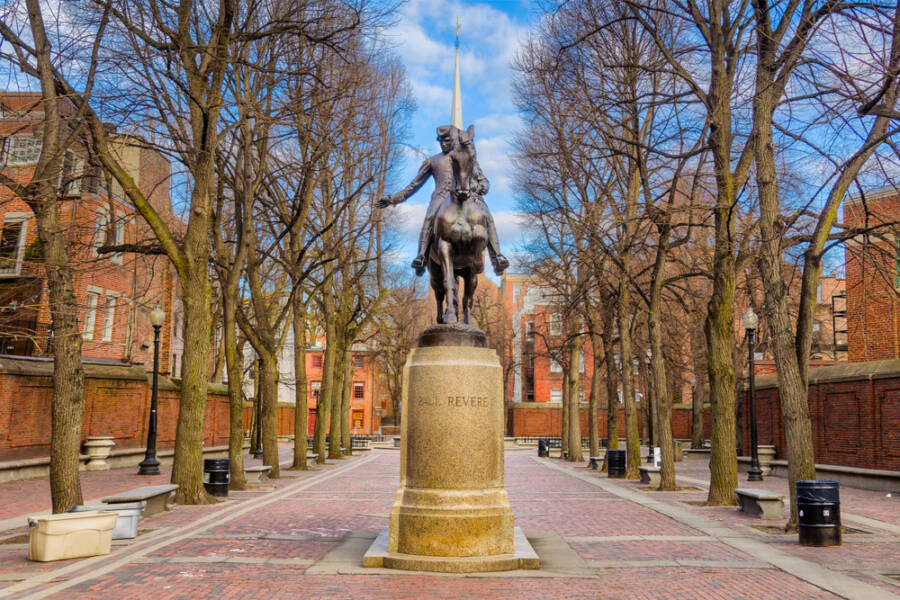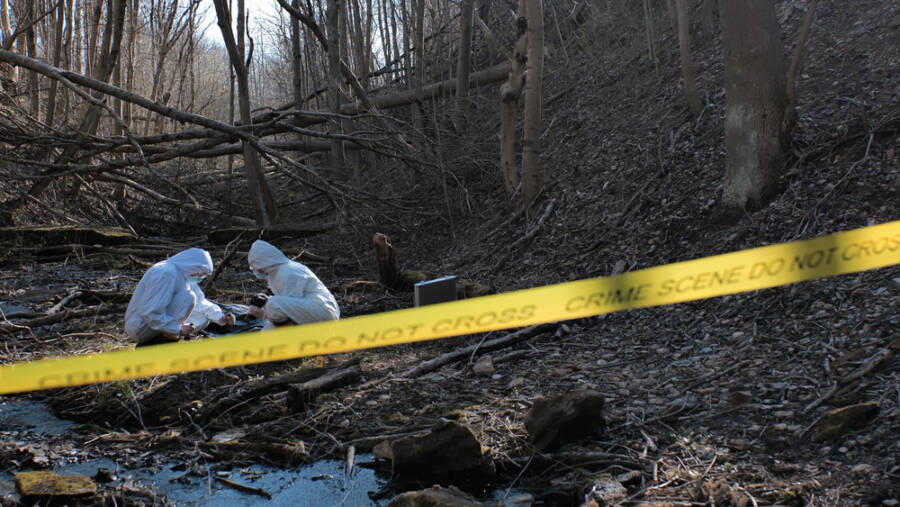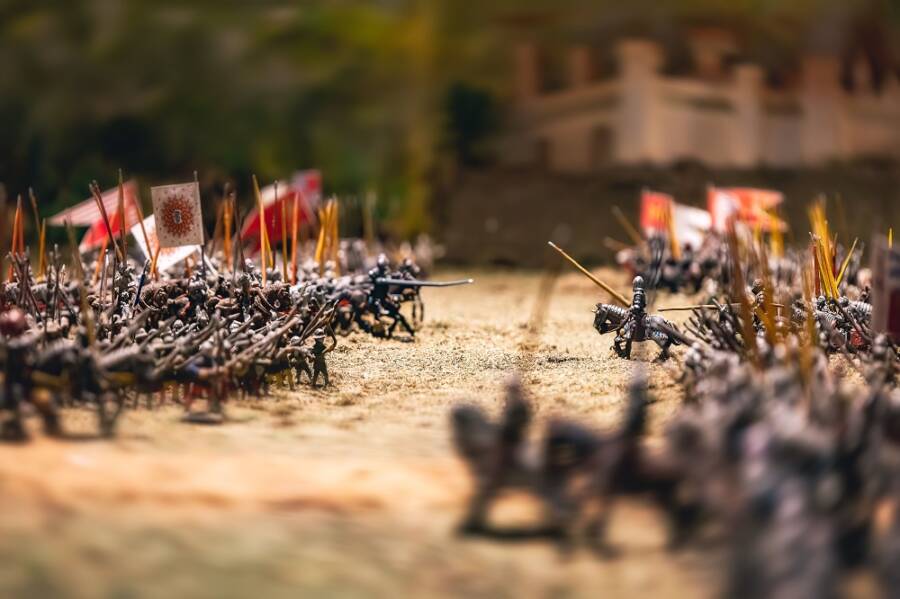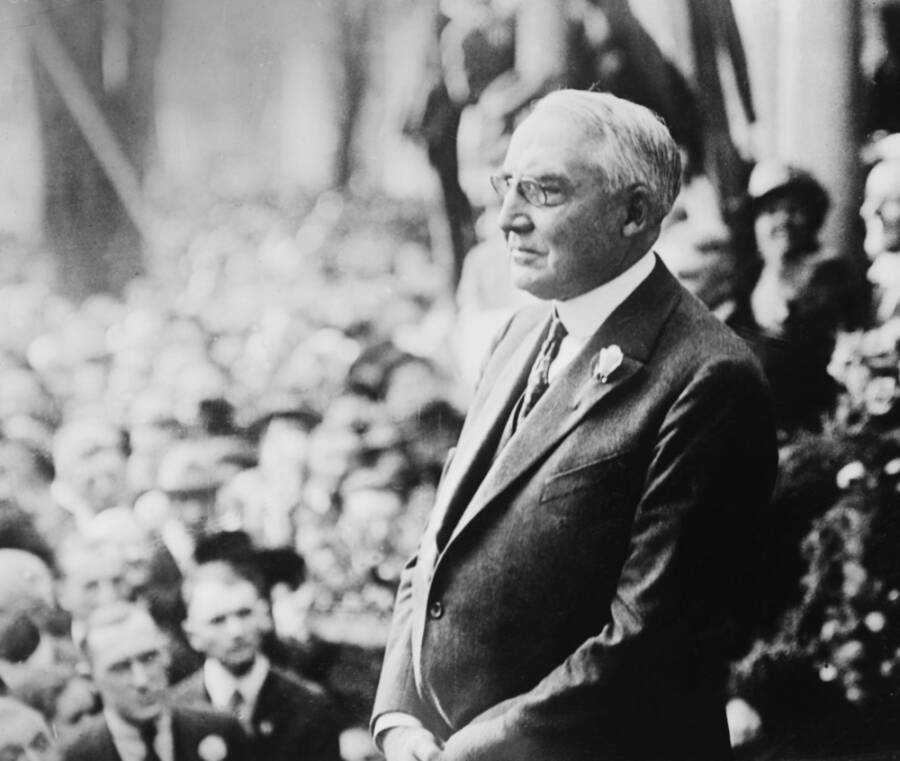
Impact on the United States
Though it ended in failure and mystery, the Roanoke colony had a significant impact on the course of American history. Its disappearance was not just a historical footnote but a formative experience for English colonization.
Short-Term Consequences
The most immediate effect of Roanoke’s failure was a chilling one. The loss of over 100 people and a massive financial investment made English backers deeply risk-averse. It would be nearly two decades before England mounted another serious colonization attempt with the founding of Jamestown in 1607. The story of Roanoke served as a stark cautionary tale, a reminder of the immense challenges of sustaining a settlement across 3,000 miles of ocean. The Jamestown colonists were acutely aware of their predecessors’ fate, which likely informed their own desperate struggles for survival.
Long-Term Legacy
In the long run, the Lost Colony became woven into the fabric of American culture. The unsolved mystery has spawned countless books, plays, and films, cementing its place as a foundational American ghost story. It speaks to a deep-seated anxiety about the vast, unknown continent and the precariousness of civilization on the frontier. The question of “what happened?” continues to drive historical and archaeological inquiry, pushing us to refine our understanding of this critical period.
The primary theories about the Lost Colony of Roanoke fall into several categories. The most widely accepted theory is that the colonists, facing starvation, went to live with their allies, the Croatan people, on Hatteras Island. Over time, they would have assimilated, intermarrying and adopting local customs. Evidence for this includes John White’s own account and later reports from Jamestown colonists of gray-eyed, light-haired Native Americans living in the region. Recent archaeological work on Hatteras Island has uncovered English pottery mixed with native artifacts from the correct time period, lending strong support to this theory.
Other theories suggest the colonists broke into smaller groups and moved inland, were wiped out by a hostile tribe, or fell victim to a Spanish attack, though there is no evidence for the latter. The enduring power of the mystery lies in the fact that, without definitive proof, all possibilities remain alive in the popular imagination. Artifacts and exhibits can be explored through the Smithsonian Institution. For Congressional history, consult history.house.gov.
Ultimately, the story of Roanoke underscores the contingent nature of history. Had the colony survived, the center of English power in America might have been in North Carolina instead of Virginia or Massachusetts. Its failure provided hard-won lessons that informed the Jamestown venture, teaching the English the importance of better planning, consistent resupply, and the harsh realities of settler-native relations. Roanoke is the prologue to the American story—a tale of hope, failure, and an enduring mystery that reminds us of the ghosts that haunt the nation’s beginnings.
Disclaimer: This article is for informational purposes and reflects current scholarly consensus. We encourage further reading from academic sources on American history.





